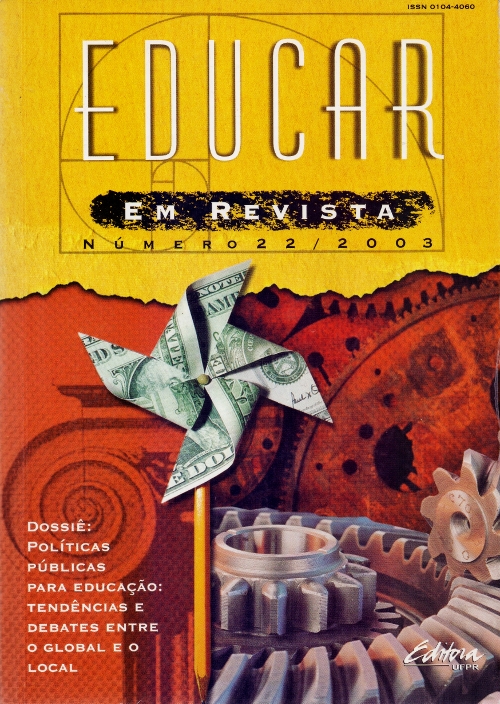Os liceus na cidade: o exemplo parisiense (1802-1914)
Palavras-chave:
história da educação, culturas escolares, arquitetura escolar, history of education, schools cultures, school architecture.Resumo
No século XIX, os liceus experimentam a atenção das cidades que os abrigam, provocando sentimentos ambivalentes, entre a atração e a rejeição. Ao procurar múltiplos recursos, as cidades provocam, com efeito, prejuízos que ameaçam sem cessar a saúde, a segurança e a moral dos alunos, como também o curso de seus estudos. Durante muito tempo, os estabelecimentos sofrem para fazer entender suas reivindicações e devem, então, se adaptar sozinhos ao contexto urbano. Mas pouco a pouco estas relações conflituosas diminuem: no final do século XIX, após o fracasso do governo em sua tentativa de transportar para o campo os estabelecimentos de internos, a cidade torna-se uma verdadeira associada, com a qual os liceus não hesitam em multiplicar suas trocas. Pelo seu exemplo, o caso dos liceus parisienses ilustra esta lenta evolução.
The lycées in cities: the example of Paris (1802-1914)
Abstract
In the 19th century, lycÈes experienced ambivalent feelings towards the cities that harboured them, ranging from attraction to rejection. Cities offered many resources to schools, on the other hand they caused threatening damage to the health, safety and moral standards of the pupils, as well as to the course of their studies. For a long time, schools struggled to put forward these conflictual relationships gradually died down. Towards the end of the cities, lycÈes and cities became real partners with an increasing number of contracts between the two. Because of its exemplary nature, the case of the lycÈes in Paris illustrate this slow evolution.
Como Citar
Edição
Seção
Licença
Todo o conteúdo do periódico está licenciado sob uma Licença Creative Commons do tipo atribuição BY.
Os Direitos Autorais para artigos publicados na Educar em Revista são do autor, com direitos de primeira publicação para a revista. A revista é de acesso público (Open Access), sendo seus artigos de uso gratuito, com atribuições próprias, em aplicações educacionais e não-comerciais.



